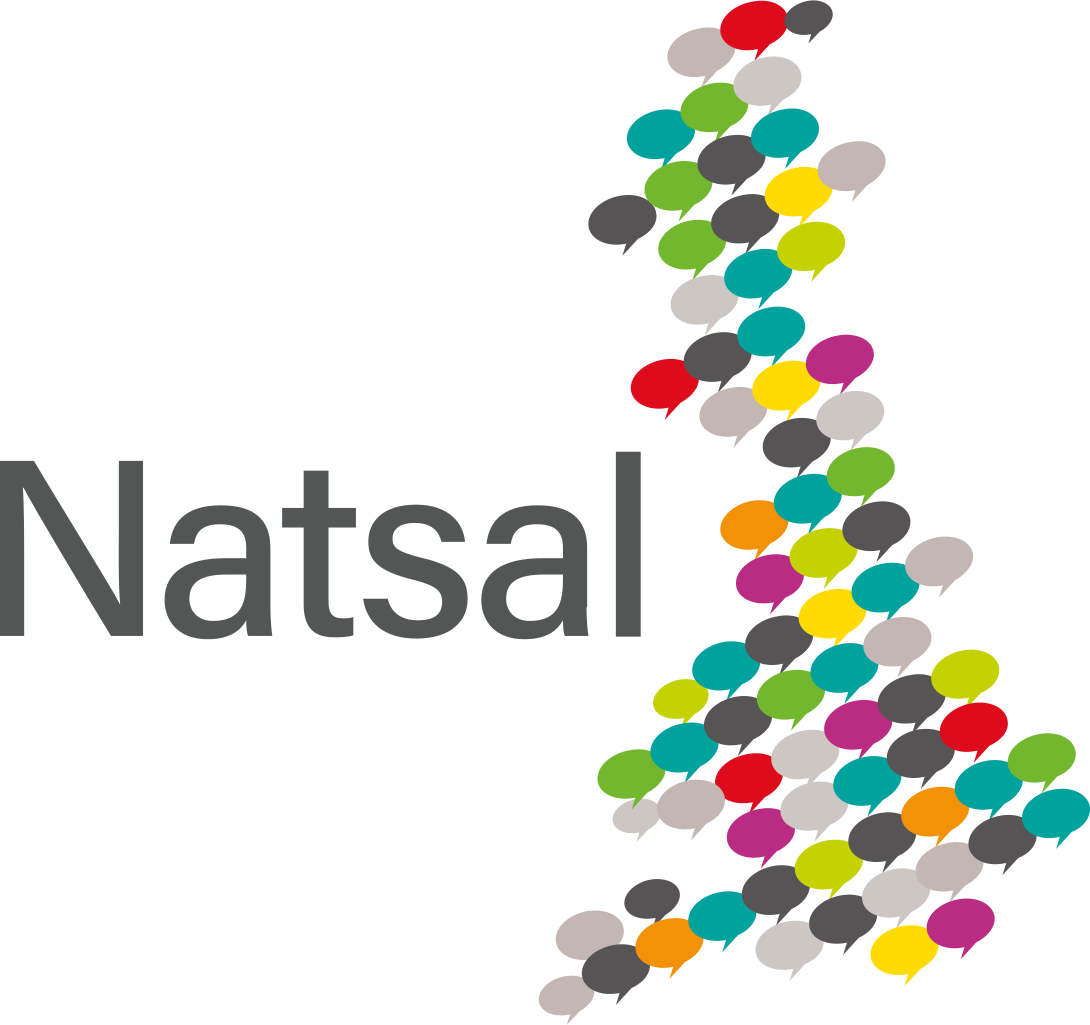
The National Surveys of Sexual Attitudes and Lifestyles (NATSAL)
Overview
Aims
The National Surveys of Sexual Attitudes and Lifestyle (NATSAL) make up one of the world's largest studies on sexual behaviour. Initiated in 1990, NATSAL has been conducted every decade since, randomly selecting participants from across Britain, ensuring the findings reflect the broader British population. With over 45,000 participants, NATSAL employs face-to-face interviews conducted by trained interviewers in respondents' homes, utilising computer-assisted techniques alongside self-completion sections for sensitive topics. NATSAL has played a crucial role in informing public health policies, practices, and research by furnishing robust evidence. It has evolved into a globally respected authority in measuring the societal, behavioural, and biological dimensions of sexual health.
As a series of longitudinal surveys, NATSAL offers a comprehensive understanding of the nation's sexual health landscape, tracking changes over time and across generations. Moreover, NATSAL informs major sexual health interventions and provides the necessary evidence base and facilitates the monitoring of their effectiveness.
Institution
University College London (UCL),
London School of Hygiene & Tropical Medicine,
NatCen Social Research
Geographic coverage - Nations
England, Scotland, Wales
Geographic coverage - Regions
Nationwide
Start date
1990
Catalogue record last updated
23/09/2024
Sample
Sample type
Repeated cross-sectional study
Sample details
Each wave of the study recruited their participants using probability sampling, to ensure that the study was nationally representative. A new sample is recruited every survey, thus ages vary between samples. However, the minimum age is always 16 years old.
The first and third wave of the study (NATSAL 1, NATSAL 3) first employed a qualitative analysis to understand what the best way to ask the questions about sexual behaviour would be. The fourth wave of the study (NATSAL 4) involved two fieldwork pilots, which were delayed due to Covid-19.
Participants are asked to complete a computer assisted personal interviewing questionnaire (CAPI), and a computer assisted self-interviewing questionnaire (CASI) at every wave.
Sample size at recruitment
NATSAL 1: 18,876
NATSAL 2: 12,110
NATSAL 3: 15,162
NATSAL 4 (COVID Study 1): 6,500
Sample size at most recent sweep
6,500 (2021 - NATSAL Covid Wave 2)
Sex
All
Age at recruitment
16 years +
Cohort year of birth
Varied
Data
Data access
UK Data Service
beta.ukdataservice.ac.uk/datacatalogue/studies/study?id=3434
Genetic data collected
No
Linkage to administrative data
Health data
Additional information
Website
www.natsal.ac.uk
Related themes
Covid-19 data collection,
Digital technology and social media,
Education,
Ethnicity and race,
Housing,
Loneliness and social isolation,
Migration and immigration,
Parenting and family,
Political and social attitudes,
Puberty,
Reproductive health,
Sexuality and gender identity,
Socioeconomic status and deprivation,
Victimisation and life events,
Work and employment
Summary
NATSAL is a series of repeated surveys about individuals’ sexual behaviour. Every ten years, a survey is sent to a representative group of participants over the age of 16 from across England, Scotland and Wales. Findings from these surveys have been informing public health policies, practices and research.
Key Papers
Sexual behaviour in Britain: partnerships, practices, and HIV risk behaviours doi.org/10.1016/S0140-6736(01)06883-04 Changes in sexual attitudes and lifestyles in Britain through the life course and over time: findings from the National Surveys of Sexual Attitudes and Lifestyles (Natsal) doi.org/10.1016/S0140-6736(13)62035-8 Sexual behaviour in Britain: Early heterosexual experience doi.org/10.1016/s0140-6736(01)06885-4
Mental health measures timeline
Sweep name:
Cohort member age:
Data collection period:
Notes:
Physical health measures:


